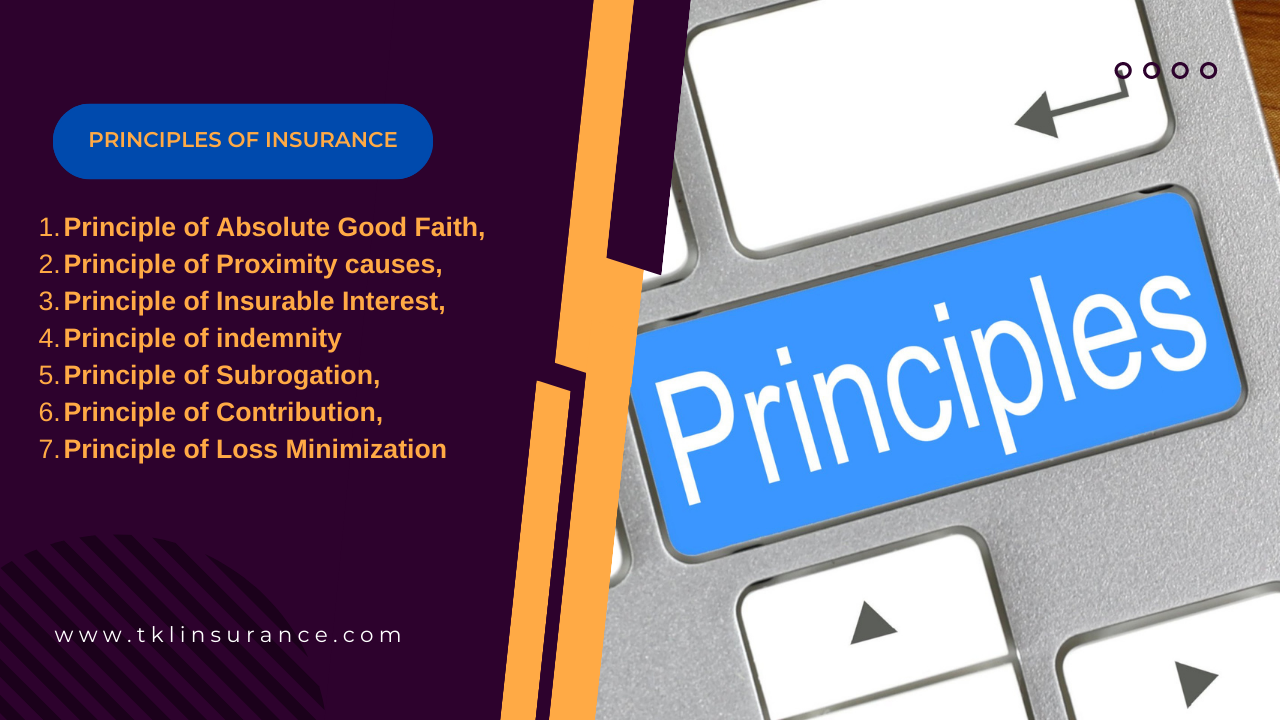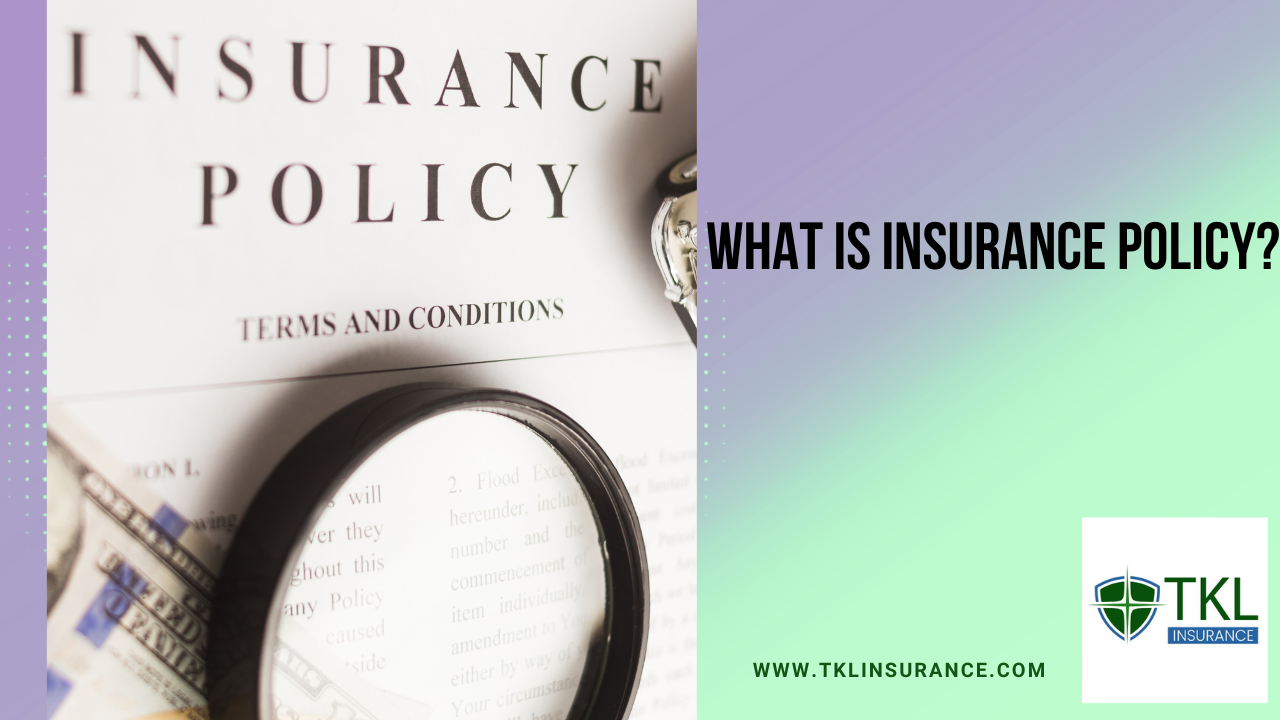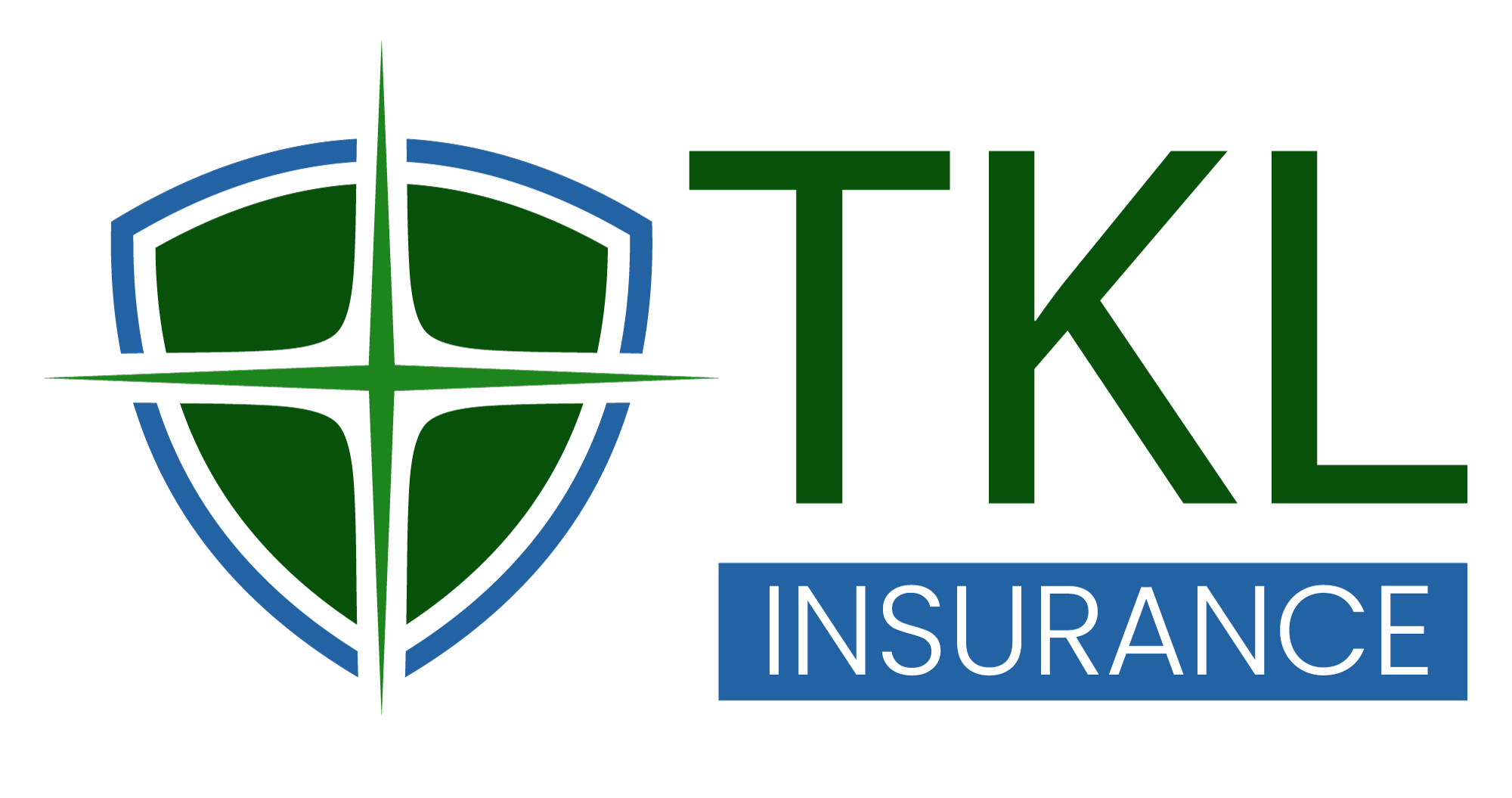7 Principles of Insurance with Example (Easy Guide for Beginners)

Who is the Father of Insurance? The History of Insurance & The First Insurance Company
July 4, 2023
Definition and Types of Insurance (Explained with Examples)
July 7, 2023Table of Contents
Toggle7 Principles of Insurance with Example (Explained Simply)
What are the 7 principles of insurance with example?
Learn about utmost good faith, indemnity, subrogation, and more—explained with simple examples. Understand how these principles make insurance fair and secure.
Introduction:
Understanding the 7 principles of insurance with example is important for anyone buying or selling insurance. These principles create fairness and trust between the insurance company (insurer) and the person or business buying coverage (insured).
It is critical to safeguard our personal assets against unforeseen events that could cause financial losses. Insurance is crucial in circumstances like this. A legal contract between a person or organization (the insured) and an insurance provider (the insurer or insurance company) is referred to as an insurance policy. The insured gives the insurer a premium for its risk coverage called an insurance premium. An insurance contract is based on fundamentals called the 7 insurance principles

What Are the 7 Principles of Insurance?
Here are the 7 principles of insurance with example:
The 7 principles of insurance with example are best defined as follows:
“The principle of insurance involves a contract between an insurer (the insurance company) and an insured (the individual seeking coverage)”. Here are the key principles:
- Utmost Good Faith: Both parties must provide accurate information.
- Proximate Cause: Insurance covers losses caused by specific events.
- Insurable Interest: The insured must have a legitimate stake in the subject matter.
- Indemnity: Insurance aims to restore the insured to their pre-loss financial position.
- Subrogation: The insurer can recover expenses from responsible third parties.
- Contribution: When multiple policies cover the same risk, insurers contribute proportionally.
- Loss Minimization: The insured should take steps to prevent or minimize losses .

Let’s explore the principles of insurance with some examples:
1. Utmost Good Faith
Both the insurer and the insured must share honest and complete information.
Example: If someone applies for health insurance but hides a serious illness, the insurance company can cancel the policy later.
2. Insurable Interest
You must have a real financial interest in the thing or person you’re insuring.
Example: You can insure your own car or house, but not your neighbor’s, because you don’t suffer loss if their property is damaged.
3. Indemnity
The goal of insurance is to compensate, not profit. It brings you back to the financial position you were in before the loss.
Example: If your shop is damaged by fire and repairs cost $5,000, the insurer pays $5,000—not more or less.
4. Contribution
If more than one insurance policy covers the same thing, all companies share the loss.
Example: If you have two health insurance policies and get a $10,000 hospital bill, both companies will pay a part—not just one.
5. Subrogation
After paying your claim, the insurer can recover money from the third party responsible.
Example: If a faulty product causes a fire in your office, your insurer may sue the manufacturer after compensating you.
6. Proximate Cause
Only the main cause of the loss (that is covered by the policy) will be accepted for a claim.
Example: If your house is damaged by fire and then collapses, the fire is the main cause. So, your fire insurance will cover the damage.
7. Loss Minimization
The insured must take reasonable steps to reduce losses during an emergency.
Example: If a fire breaks out in your kitchen, you should call the fire brigade and try to stop the fire instead of watching it spread.
Insurance policy
An insurance policy is a contract between an insurance company and an individual or business that outlines the terms and conditions of the coverage.

Insurance Premium.
An insurance company agrees to pay for certain losses that the policyholder may incur, up to the limits of the policy in exchange for a premium.

Detailed Explanation:
Principle of Utmost Good Faith:
Both the insured and the insurer are expected to act honestly and reveal all appropriate material information during the insurance contract negotiation.
Example – When Mr. John obtained a health insurance policy, he failed to disclose his smoking habit. Later, he was diagnosed with lung cancer. Due to Jacob’s non-disclosure of important facts, the insurance company is not liable to bear the financial burden associated with his condition.
Principle of Insurable Interest:
The insured must have a financial interest in the material goods or persons being covered. Without an insurable interest, the insurance contract becomes void.
Example – The owner of a rental car has an insurable interest in it because it generates money, in accordance with the third principle of insurable interest. The owner would no longer have an insurable stake in the vehicle, though, if they sold it. The insured must have been the legitimate owner of the subject matter at the time of the contract’s entry and the incident for there to be a claim to be made on their insurance.
Principle of Indemnity:
The purpose of insurance is to indemnify or compensate the insured for the damage that occurred, not to provide a means for making a profit.
Example – The owner of a domestic building enters an insurance contract to recover costs for any future loss or damage. If the building sustains structural damages from fire, the insurer will indemnify the owner by reimbursing the exact amount spent on repairs or by rebuilding the spoiled areas using approved contractors.
Principle of Contribution:
If the insured has multiple insurance policies from different insurance companies covering the same risk, each insurer will share the cost of the claim proportionately.
Example- A property worth Rs. 6 lakhs is insured for Rs. 4 lakhs by Company A and for Rs. 2 lacks by Company B. The owner may recover the full sum from Company A if the damage to the property totals Rs. 4 lakhs, but Company B will not pay anything. As a result, Company A may ask Company B for a proportionate repayment.
Principle of Subrogation:
After compensating the insured for the loss, the insurer acquires the right to pursue legal action against any third party responsible for the damages.
Example – In the case of Mr. A getting injured in a road accident caused by the reckless driving of a third party, the insurance company with which Mr. A has an accidental insurance policy will compensate for the losses incurred. Additionally, the insurer may take legal action against the third party to recover the paid claim amount.
Principle of Proximate Cause:
The insurance policy covers losses caused by the events or perils explicitly mentioned in the policy. Only those perils that are the proximate cause of the loss will be considered for coverage
Example – A fire damaged a building’s wall, leading the municipal authority to order its demolition. During the demolition, an adjacent building suffered damage as well. The owner of the adjacent building filed a claim under the fire policy. The court deemed the fire as the direct cause of the damage, making the claim payable as the falling of the wall was an inevitable result of the fire.
Principle of Loss Minimization:
The insured is expected to take all reasonable measures to minimize or prevent losses. Failure to do so may result in reduced claim settlements.
Example – If a fire breaks out in your factory, it is essential to take prompt measures to extinguish it. Merely assuming that the insurance company will compensate for the damages and allowing the fire to destroy the factory is not acceptable. Taking immediate action to minimize the loss is crucial.
Importance of Insurance:
No matter how cautious we are, unforeseen occurrences can happen that cause financial troubles because life is full of uncertainty.
Why These Principles Matter
These principles protect both sides of the agreement. The 7 principles of insurance with example are followed by all trusted insurance companies and help avoid fraud, confusion, or unfair claims.
Understanding them will help you:
-
Choose the right insurance
-
File your claims correctly
-
Understand your responsibilities
Conclusion
Protection from financial risks is essential for both individuals and enterprises. Making educated decisions requires a thorough understanding of the insurance idea, insurance plans, insurance premiums, and the guiding principles of the industry. Individuals can choose the proper coverage and successfully reduce potential hazards by being aware of these important factors.
By learning the 7 principles of insurance with example, you’ll understand how insurance works fairly and legally. Whether it’s home, car, life, or business insurance—these principles guide every policy.
The next time you buy insurance, remember these 7 key rules—they will protect you and your insurer equally.
FAQ
What is insurance in simple words?
Insurance is a system where individuals or entities pay a premium to an insurance company in exchange for financial protection against potential losses or damages.
What is insurance and its principles?
Insurance is a contractual agreement between an insured individual or entity and an insurance company, guided by principles such as utmost good faith, insurable interest, indemnity, contribution, subrogation, proximate cause, and loss minimization, to ensure fair and just insurance practices.
What is Insurance Premium?
Insurance Premium is an amount paid annually to the insurer by the insured for covering specific risks. For taking this risk, the insurer charges an amount called the insurance premium.
What are the 7 principles of insurance?
- Utmost Good Faith: Both parties in an insurance contract must provide honest and accurate information.
- Proximate Cause: Insurance covers losses directly caused by specific events mentioned in the policy.
- Insurable Interest: The insured must have a legitimate financial stake in the subject matter (e.g., a homeowner insuring their house).
- Indemnity: Insurance aims to restore the insured to their pre-loss financial state.
- Subrogation: The insurer can recover costs from responsible third parties.
- Contribution: When multiple policies cover the same risk, insurers contribute proportionally.
- Loss Minimization: The insured should take steps to prevent or minimize losses.
What is an example of the principle of insurance?
Imagine a car accident caused by a negligent driver. The insurance would cover damages resulting directly from the collision, not external factors like weather conditions.
What are the principles of life insurance explain with suitable example?
For life insurance, the Insurable Interest Principle ensures that a person insures their own life to provide financial security for their family upon their death.
What is an example of the principle of Utmost good faith?
When applying for insurance, the insured must disclose pre-existing medical conditions truthfully and accurately to adhere to the Utmost Good Faith principle.
Q1: What are the 7 principles of insurance with example?
They include: utmost good faith, insurable interest, indemnity, contribution, subrogation, proximate cause, and loss minimization.
Q2: Why are these principles important?
They ensure fairness, prevent fraud, and explain how claims are handled.
Q3: What is an example of subrogation in insurance?
After paying a fire damage claim, the insurer sues the company that made the faulty product causing the fire.
Q4: What happens if you break the principle of good faith?
Your insurance can be canceled, and claims can be rejected.




